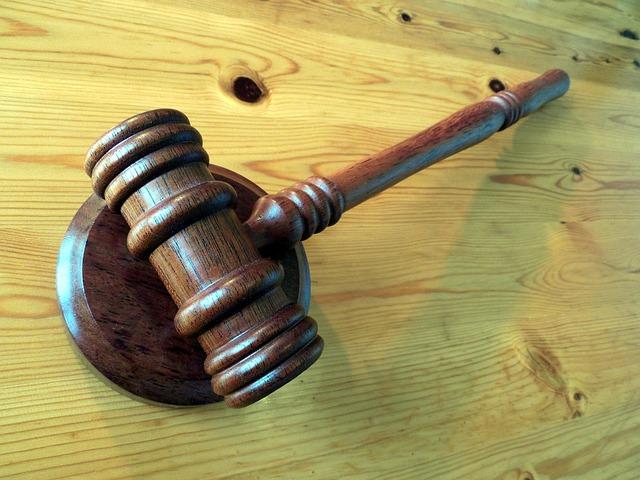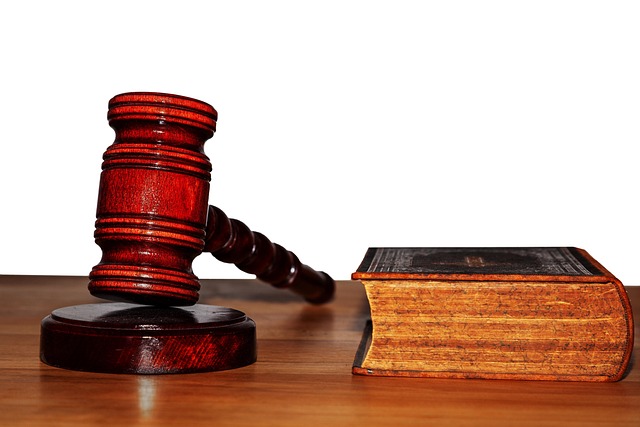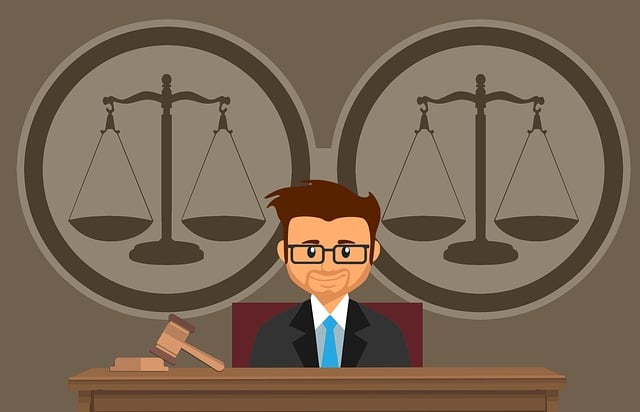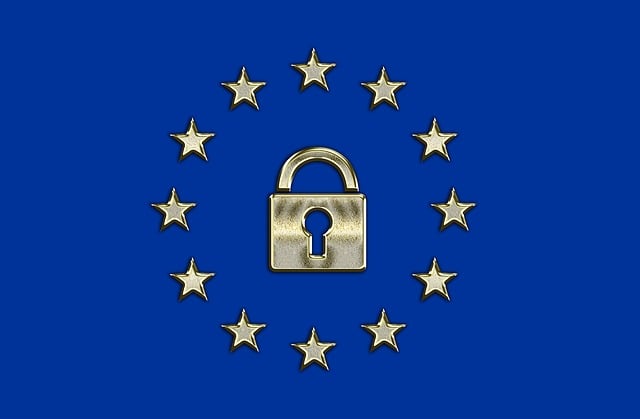Proving damages in defamation cases is crucial for safeguarding individuals' reputations in healthcare. It involves identifying false statements, establishing malice or negligence, and presenting evidence of harm through expert testimony and medical records. Strategic gathering of evidence from reputable sources strengthens claims, especially in filantropic and political contexts, where reputation is paramount. An experienced legal team ensures compliance with laws and effective presentation of damages.
In the intricate landscape of healthcare, understanding legal nuances is paramount. This article delves into critical aspects of healthcare law, focusing on proving damages in defamation cases. We explore key elements such as defamation law and its far-reaching implications, the pivotal role of expert witnesses, and strategic approaches to navigate these complex cases successfully. By understanding these dynamics, healthcare professionals can better protect their reputations and manage potential legal challenges.
- Understanding Defamation Law and Its Reach
- The Role of Expert Witnesses in Damages Proving
- Strategies for Success in Damaging Defamation Cases
Understanding Defamation Law and Its Reach

Defamation law plays a crucial role in healthcare, protecting individuals from false statements that can cause harm to their reputation. In the medical field, where accurate documentation and communication are paramount, understanding defamation law is essential. When a healthcare provider or facility makes defamatory remarks about a patient, it not only infringes on their privacy but also has legal ramifications.
Proving damages in defamation cases across the country involves a multi-step process. It begins with identifying the false statement and demonstrating its publication to a third party. Subsequently, establishing the element of malice or negligence becomes critical, especially as healthcare professionals navigate all stages of the investigative and enforcement process. Achieving extraordinary results in such cases often hinges on presenting concrete evidence and expert testimony to quantify the harm suffered by the patient, focusing on both economic and non-economic damages.
The Role of Expert Witnesses in Damages Proving

Expert witnesses play a pivotal role in proving damages in defamation cases, providing crucial insights that can significantly sway court decisions. These professionals, often with specialized knowledge in fields like media, communications, or reputation management, offer impartial analyses of the harm inflicted on individuals or businesses due to false statements or publications. Their testimony helps establish the extent of damages, whether economic (lost revenue, reduced market value) or non-economic (mental anguish, reputational harm).
In cases where a winning challenging defense verdict is sought, expert witnesses are instrumental in presenting a compelling case. They can break down complex issues into understandable terms for jurors or judges, ensuring that the impact of defamation is clearly communicated. Furthermore, their involvement adds weight to claims, especially within the filantropic and political communities where reputation is paramount. Even in general criminal defense scenarios, expert testimony on damages can make a profound difference, potentially altering the outcome and securing more just results.
Strategies for Success in Damaging Defamation Cases

Navigating defamation cases requires a strategic approach to prove damages effectively. The key lies in gathering comprehensive evidence that demonstrates the harm caused by the defamatory statements. This includes medical records, expert opinions, and testimonials from individuals affected—a process that demands meticulous attention to detail. By showcasing the tangible impact across various aspects of life, from financial losses to psychological distress, plaintiffs can strengthen their cases significantly.
Successful strategies often involve leveraging the support of reputable organizations and professionals within both the philanthropic and political communities. These entities can provide crucial insights and evidence, enhancing the credibility of the claim. An experienced legal team, dedicated to his clients’ welfare, should guide the process, ensuring all legal requirements are met and every available piece of evidence is presented to prove damages in defamation cases effectively.
In navigating healthcare legal issues, particularly defamation cases, understanding both the intricacies of defamation law and employing effective strategies for proving damages are paramount. By graspings the reach of defamation and leveraging expert witnesses to bolster claims, individuals and institutions can ensure robust defenses. With a well-strategized approach, focusing on defining harm and quantifying losses, success in proving damages becomes more attainable, ultimately safeguarding reputations and fostering ethical healthcare practices.






